I have a long-time friend who seems to always take the other side in any of our philosophical discussions, especially when it comes to our Earth and climate change. Sometimes, I think it is because he loves to argue, and being in agreement would drag any conversation quiet. But, I have come to realize that he genuinely has some beliefs that are quite the opposite of mine. Lets call this friend of mine Jack, to protect his identity and cover the fact that he would never agree to me using his real name.
Jack is not a bad person. He has a big heart and is a kind and loving soul. But, Jack is a climate change skeptic. He is also a staunch conservative, so I suspect that his views on climate change are shaped in part by his political beliefs and influences.
I recently had a conversation with Jack, and rather than start with an argument, I employed some empathetic listening skills and simply asked, “Help me understand why you feel that climate change isn’t real.” I sat back and listened without interrupting him. My only responses were to mirror or reflect back what he was saying in order to better understand his point of view, or to answer questions he specifically asked of me.
I learned a lot about why Jack feels climate change isn’t real and why he doesn’t think we need to worry about lowering our carbon footprint. I am not saying that I agree with him, because I don’t. But, truly listening to him and his concerns, helped me to understand why he thinks the way he does, what has influenced his thinking, and what he is willing to do and not do about the health of our planet. I also learned that he doesn’t necessarily like to argue, as I had always suspected. He really just wants to be heard—don’t we all?
What I heard from my conversation is that there are five key areas where our concerns intersect.
It is at these intersections that we can plant and grow something very real.
1.The Earth is a beautiful place and we want to keep it that way.
I am continually worrying about how we are baking our planet with greenhouse gasses, how the ice caps are melting, how the oceans are rising, and the ecosystems for all the different types of life on earth are being irreparably damaged. I’m terrified that we’re damaging the earth’s ability to sustain us, and what we are leaving for our children and our children’s children to clean up. Most everything I read supports these concerns—and now that my wife and I have retired, I do a LOT of reading.
Jack, on the other hand, is not worried about greenhouse gasses. He can’t understand how something that we exhale, and the plants of the world gobble up, could possibly be harmful to the very world that created it. He admits that he does very little reading and hasn’t researched any of this. It just doesn’t pass his smell test. He also thinks there is a lot of hyperbole on both sides of the debate. Each side vilifies the other and each side has a conflict of interest or something to sell and has to tear down the other side of the debate to sell their product.
“But don’t accuse me of wanting dirty air and dirty water,” Jack spouts. “I want to protect the environment. I want to keep the Earth beautiful for me and my kids, I just don’t think this whole carbon footprint thing is the way to go about it.”
Here, I see a golden opportunity to interject the research I have done and why it is important, but I let him carry on.
2.We want to enjoy life.
Jack is a meat-eater. He eats a lot of it. “I don’t want some vegetarian telling me I can’t eat meat or that I have to skip an airline trip to shrink my carbon footprint,” Jack explains. “I don’t want to line-dry my clothing, or compost my garbage, either.”
I have to bite my lip. I want to explain to him that I am not a vegetarian either but we do opt for lower carbon footprint meats such as chicken and pork as opposed to beef. He knows that my wife and I live in an apartment, so line drying clothes and composting aren’t an option for us either. But I hold my tongue and listen for more intersections.
3.We can’t break the bank.
Jack explains further, “Another motive for not changing my lifestyle has been money, of which I never seem to have enough. I looked into solar power when we built this house, but the economics made no sense, so I stopped looking.” I can hardly contain myself, and want to tell him that the cost of solar has come WAY down since he looked into it—but I keep listening.
As Jack continues to explain why he can’t get excited about saving the planet, he gets another diet coke and puts the empty can in the recycling bin. I can hold my tongue no longer and ask, “I am curious, why do you recycle?”
“I want a clean planet just like you do,” says Jack. “Besides, the city makes it so easy now with the multi-stream recycling program.”
As we sit in his well-lit kitchen, Jack explains “I changed all the lights in the house out to LED lights, you know the cost has come way down—Wal-Mart sells four-packs of LEDs for less than six bucks. I can see that it has saved quite a bit on my electric bill, and I haven’t had to change these hard to reach bulbs in 3 years now.”
I interject again, “You know that in a recent study, wind and solar power industries have achieved an exciting milestone. They are now the lowest-cost, unsubsidized sources for utilities to generate electricity. In addition, consumer products are incorporating better and cheaper technology, making it easier than ever to take affordable, incremental steps into green energy usage. With so much recent progress, now is a good time for consumers to use their buying power to help tip green energy into the mainstream.”
4.A defeatist attitude is counter productive.
Jack begins to wind down, “What’s the point? If everything they say is happening to the climate is true and we have past the point of no-return, we’re all doomed—so why try?”
Here’s my opening, “Are you asking me to help you understand why I am driven to reduce my carbon footprint?”
“Sure, you’ve listened to me go on about why I think it’s not real—what’s your take on it?” asked Jack.
I begin, “With all that I have studied, read, and researched, I do think it is real. I am not ready to give up. After all, if we all give up, defeat is certain right?
“Right. I agree with that, but can we really make a difference?” said Jack.
“Yes we can,” I said. “You’re already taking a few steps to improve the environment, but here are a couple more that can make an even bigger impact,” I continued, being carful not to use the term “carbon footprint.”
5.Let’s stop arguing and really listen.
I listened to Jack, and he listened to my point of view. We certainly didn’t agree on everything, but we did find common ground or intersections regarding climate change. We live in an interconnected world where every action we take has some affect on all that exist within it—whether it’s a coral reef or an old friend who wants to be heard.
UU congregations affirm and promote seven Principles, which we hold as strong values and moral guides. Our seventh Principle is: respect for the interdependent web of all existence of which we are a part. Most UU’s think of this as our moral imperative to protect the environment. But we shouldn’t limit it to just an environmental idea. It is also our response to another great danger—such as the constant turmoil between those who don’t agree with us.
My Top 2 Ways To Reduce Your Carbon Footprint
At the end of our discussion we found some common ground.
Jack agreed to at least look at joining me in taking one big step toward saving the planet—even though we don’t agree why it needs saving.
I am doing it to reduce my carbon footprint to affect climate change, Jack may take the step to reduce the amount of coal burned to produce electricity, and because it’s easy. Jack did at least agree that coal is not the cleanest thing from which to produce energy and was interested in hearing that alternatives such as solar and wind power are actually becoming cheaper alternatives to coal.
The bottom line is that as many of us as possible need to become carbon neutral ASAP and these two simple steps effectively accomplish that goal in just minutes. They also support the creation of more efficient, long-term, large-scale renewable energy plants and carbon reduction installations (such as methane capturing systems).
1.Switch to a renewable energy option through your utility or a certified renewable energy provider.
Oklahoma was the nation’s third-leading wind electricity producer in 2017, generating enough power for 1.66 million average households. Consumers have an easy way to tap this homegrown resource. Tulsa County’s American Electric Power (AEP) – Public Service of Oklahoma (PSO) WindChoice Program allows customers to source all or part of their electricity from Oklahoma wind turbines. Beginning January 1, 2017, the company slashed the premium cost to participate in WindChoice. Currently it costs only about five dollars more per month for an average household to source 100 percent of its electricity from wind (based on monthly usage of 1,200 kWh). For the cost of a latte, many customers could convert entirely to zero-emission wind electricity.
2.Calculate your carbon footprint and buy carbon offsets from a certified provider (you can always reduce payments later as you make other changes).
Companies like TerraPass and CarbonFund channel money into projects like planting forests, building wind farms, capturing harmful methane from cow manure and landfills, and others. Environmentally-conscience citizens can make the effort to reduce their carbon footprints and can purchase offsets to take care of the rest. Learn more at CarbonFund.org and TerraPass.com.
I doubt Jack will be buying carbon offsets anytime in the near future, but he is seriously considering switching to a renewable energy option.
What steps will you take to reduce your carbon footprint or become carbon neutral? Tell us in the comments.
In my next article, I’ll share the Top 20 Ways To Reduce Your Carbon Footprint and have an impact on climate change.
The All Souls Green Team is a social justice group committed to increasing our congregation’s awareness of and response to critical environmental issues, including climate change and reducing our carbon footprint. The Green Team is guided by the principles outlined in the UUA’s Green Sanctuary program, which includes four components: Worship and Celebration, Religious Education, Environmental Justice, and Sustainable Living. The Green Team meets on the 2nd Wednesday of the month at 7:00 p.m. at All Souls in Tulsa, Oklahoma. To join, email greenteam@allsoulschurch.org.
Jim Perrault is a long-time All Souls member and strives to reduce his carbon footprint through sustainable, daily practices.

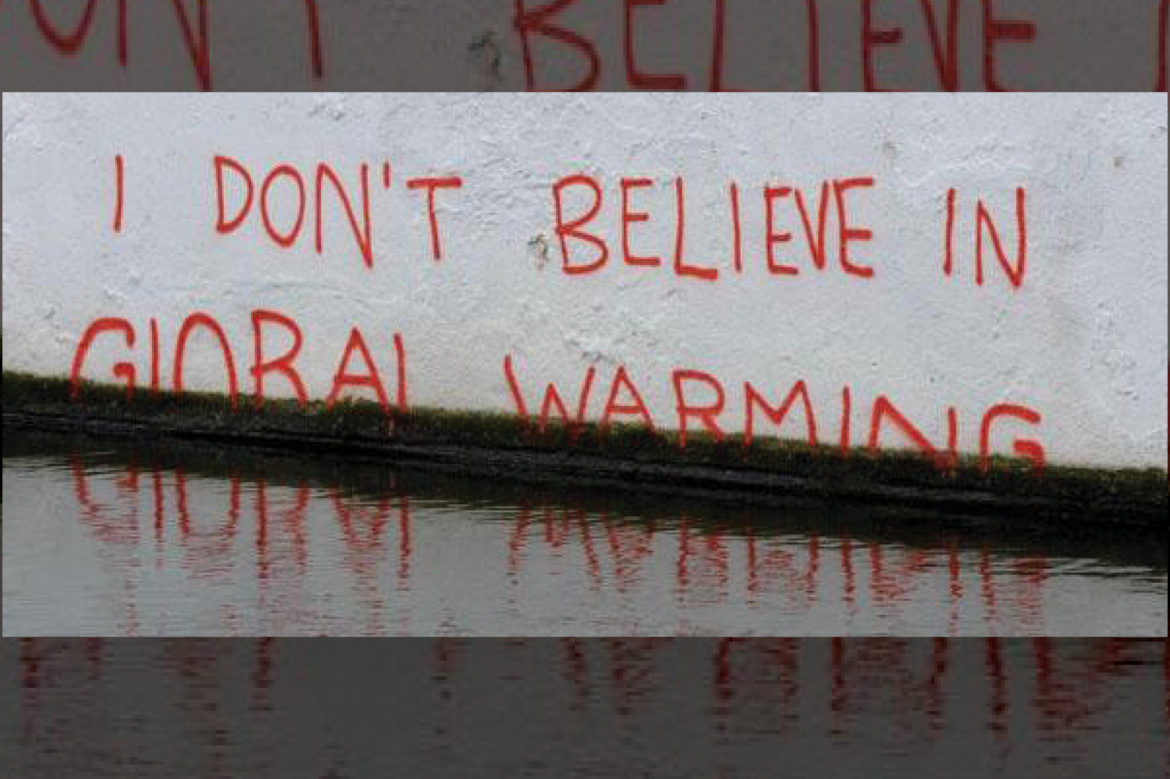





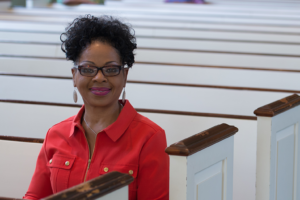

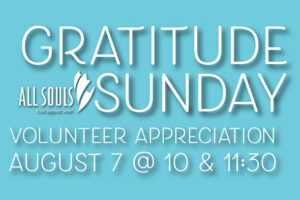
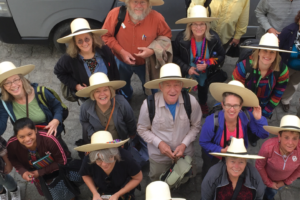
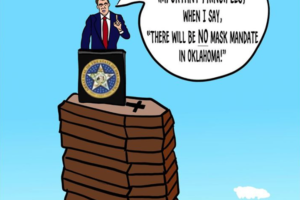
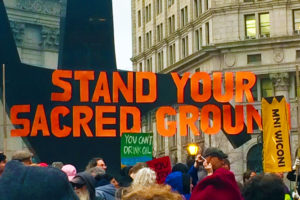





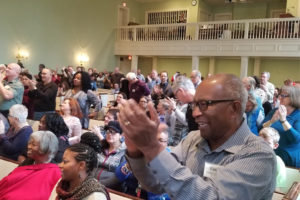


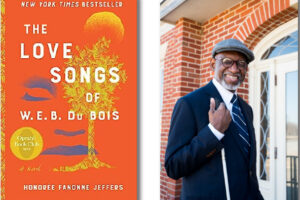
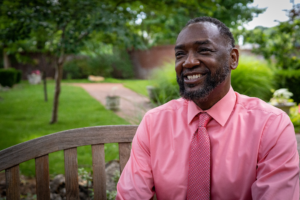



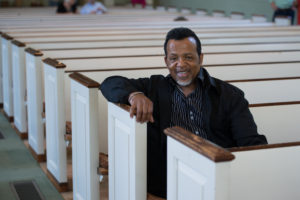
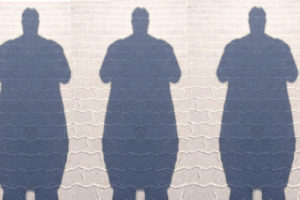
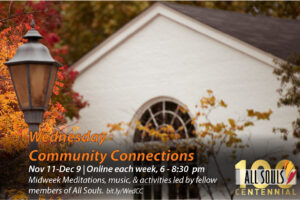

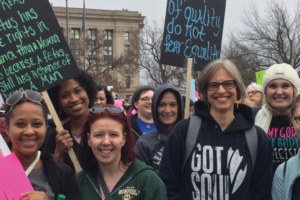
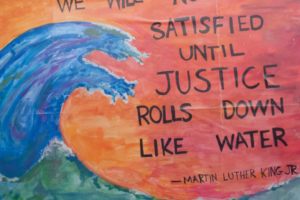
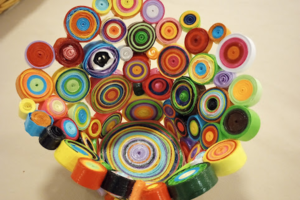
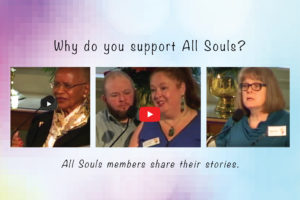
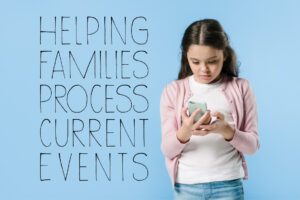
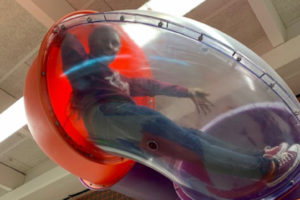




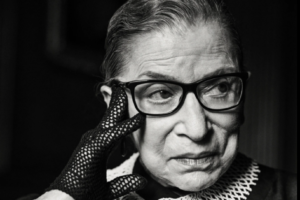
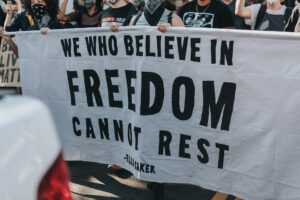
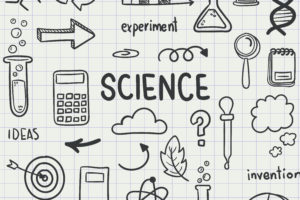


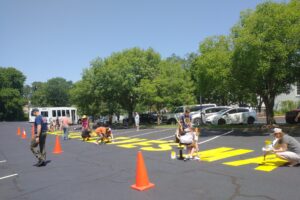

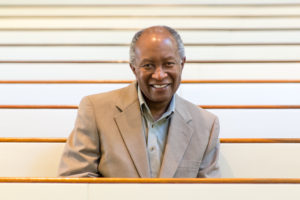



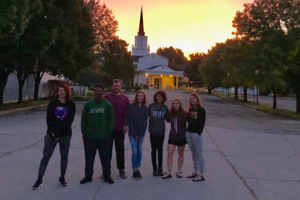

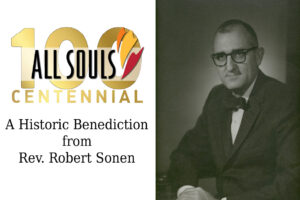


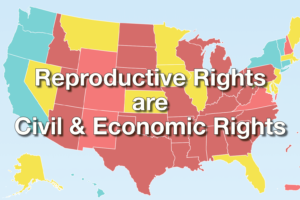

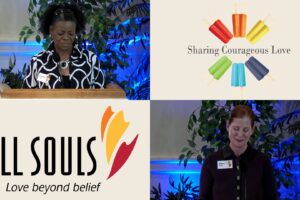



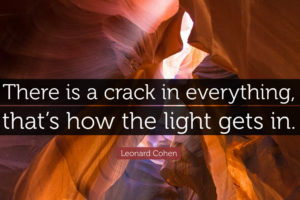

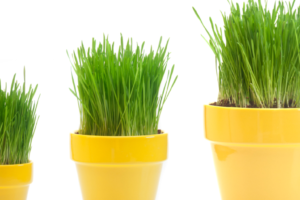
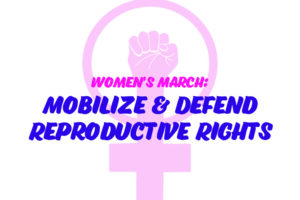


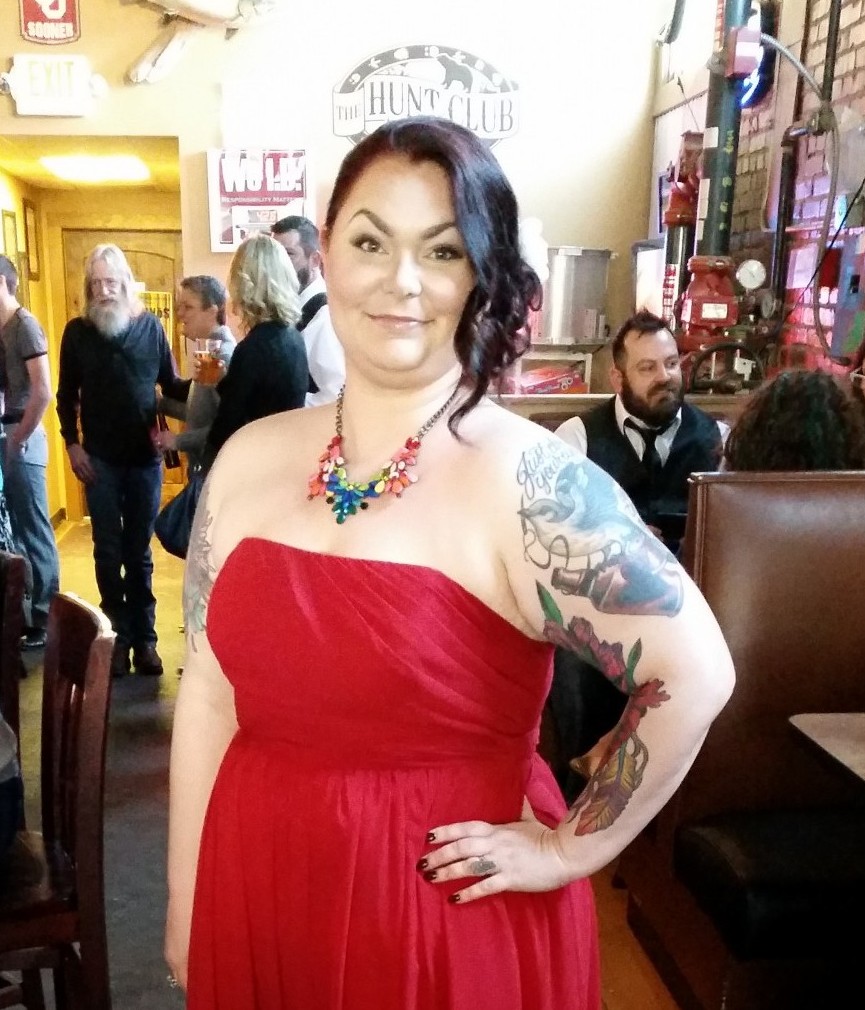

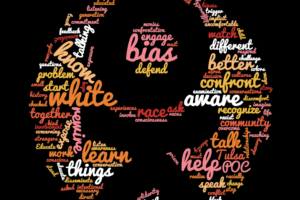










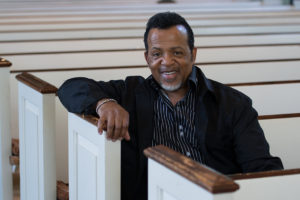



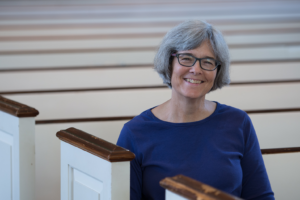
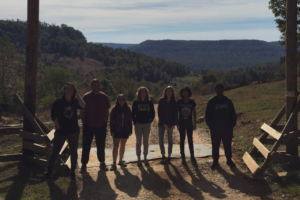








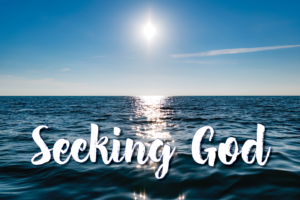

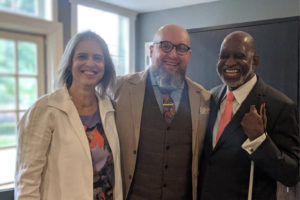












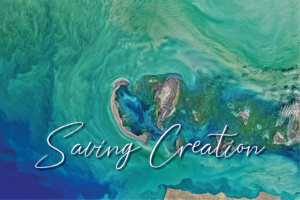



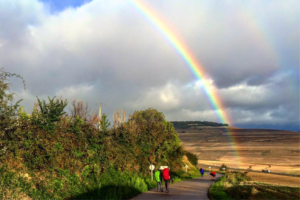
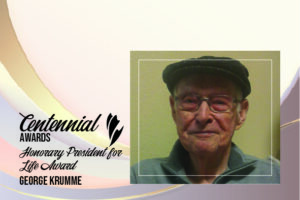
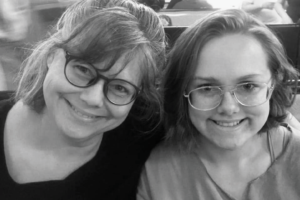


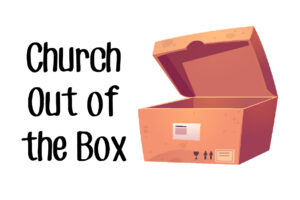
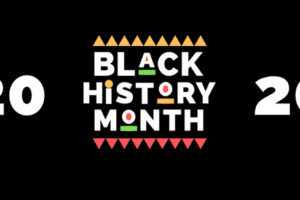
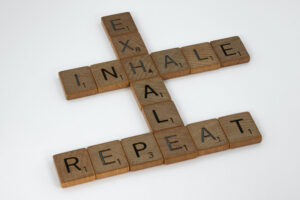

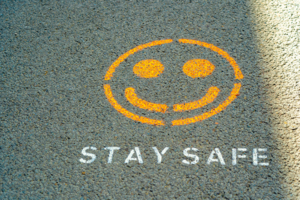

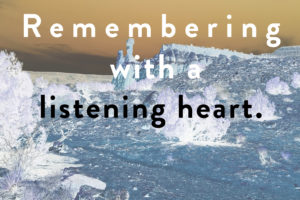
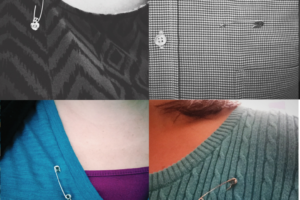
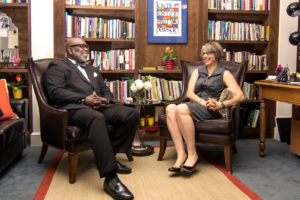






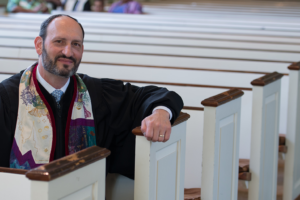


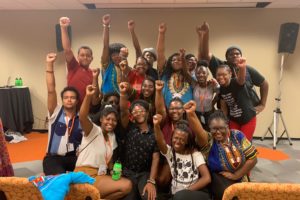



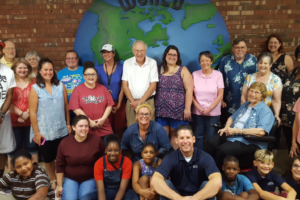







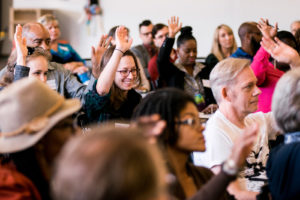

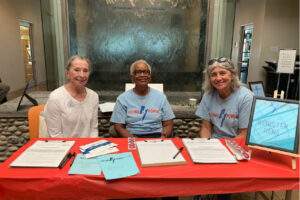



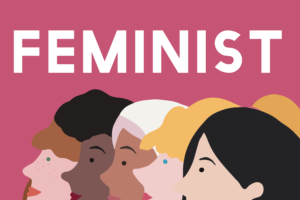

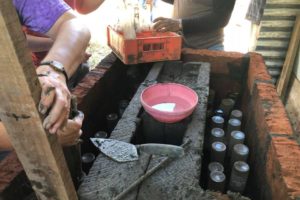



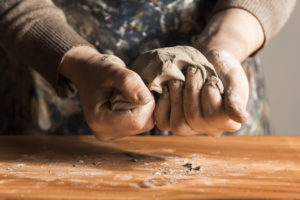
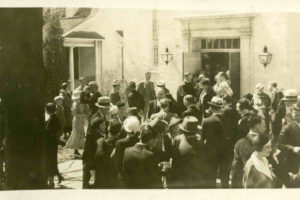


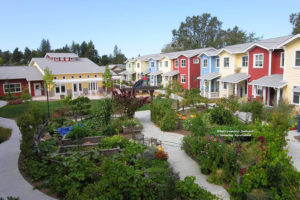








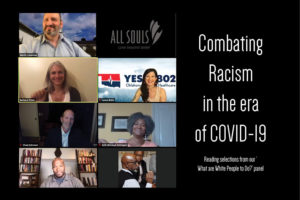


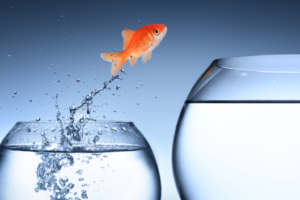



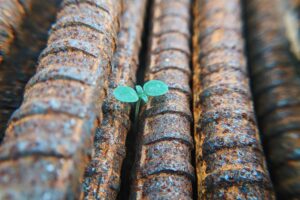
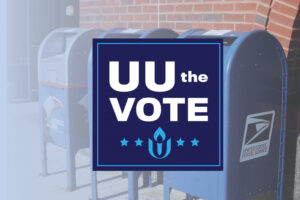




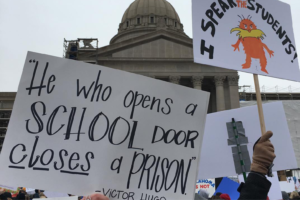




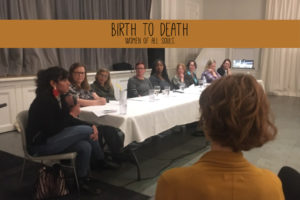

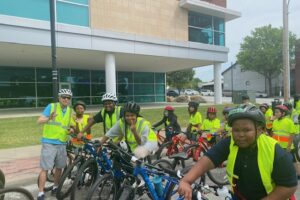




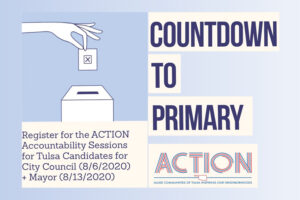

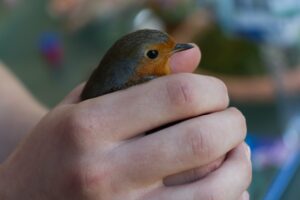
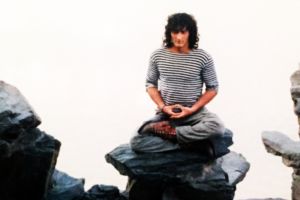


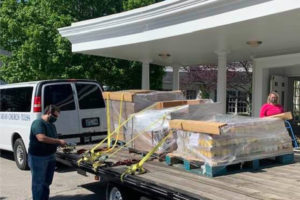
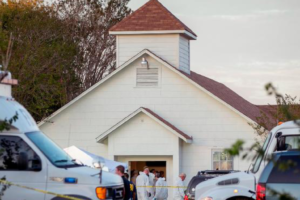


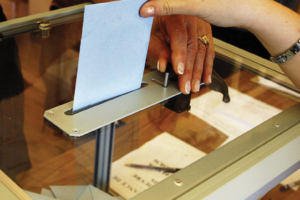



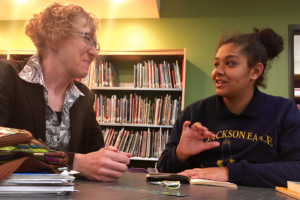

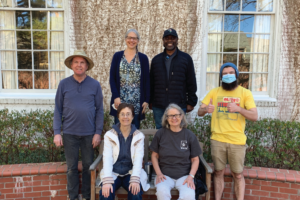






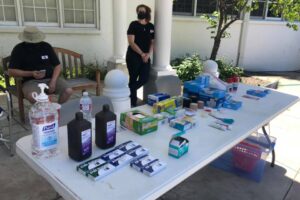


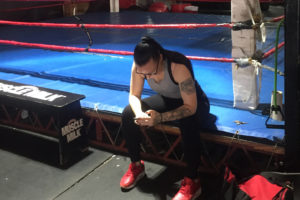


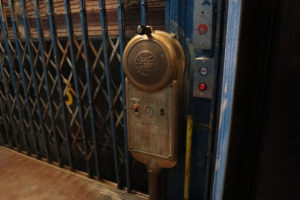

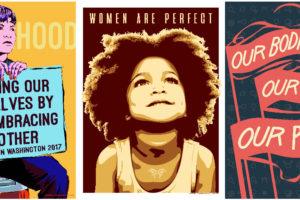
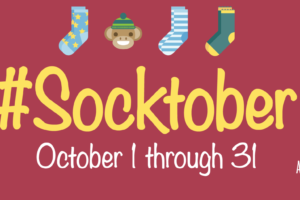


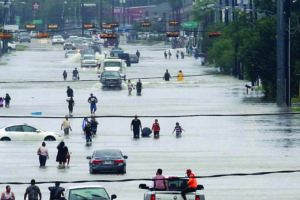
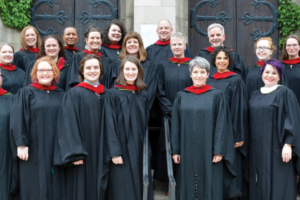
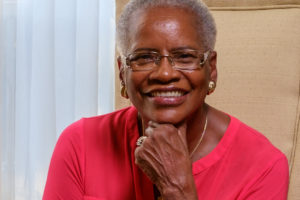

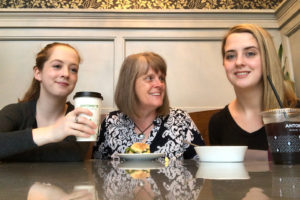


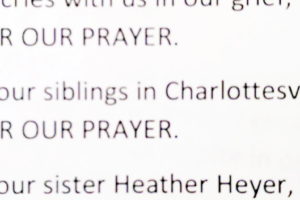



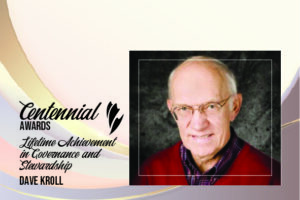



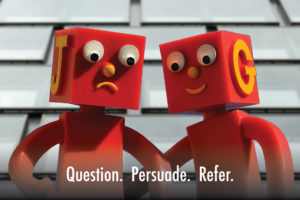




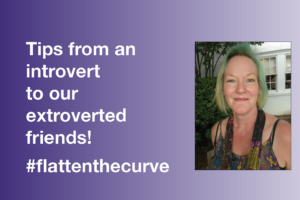




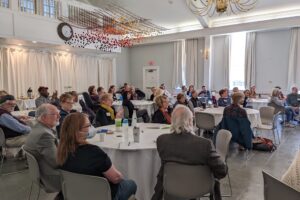
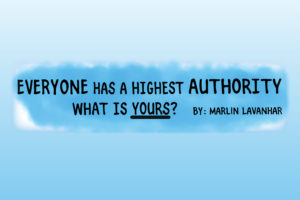
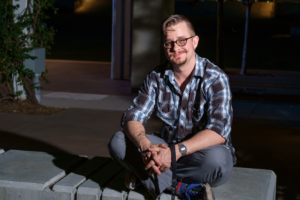



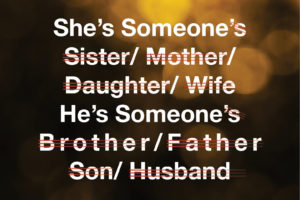
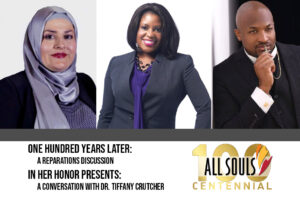




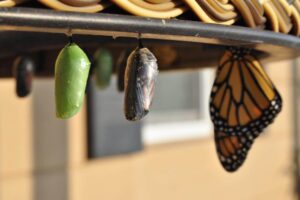

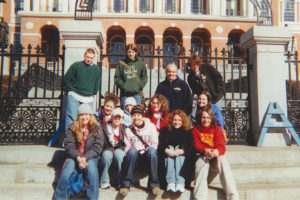











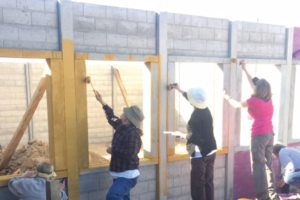


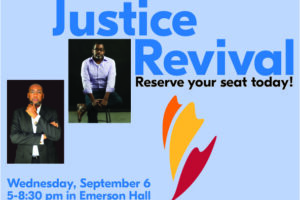
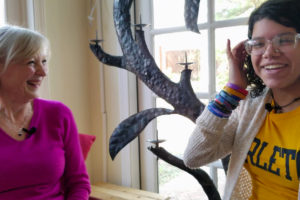
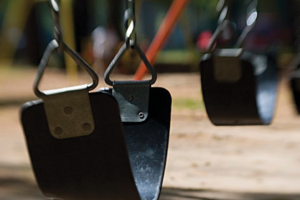

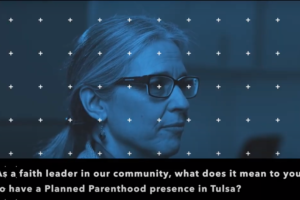








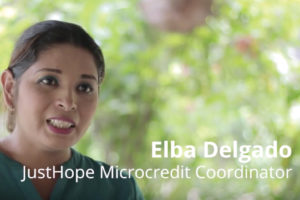

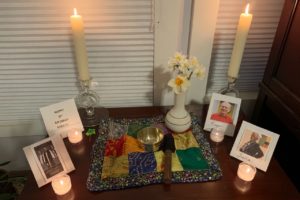
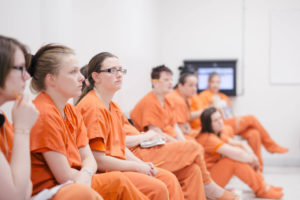
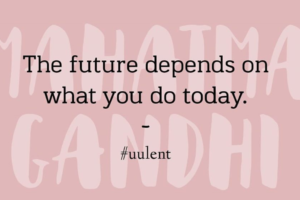



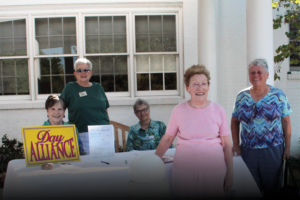
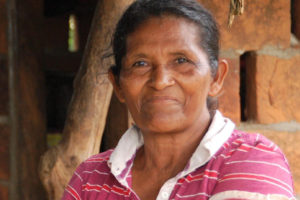


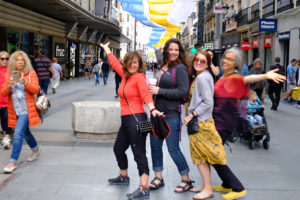
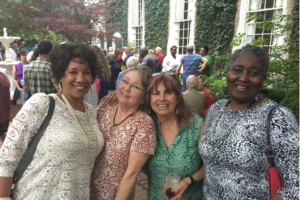
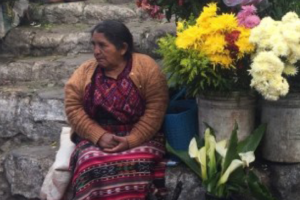



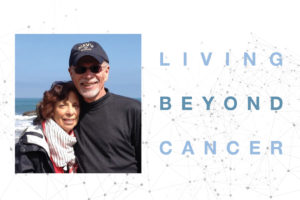
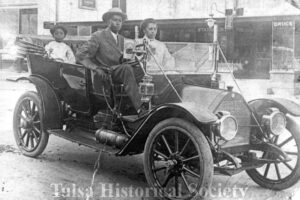


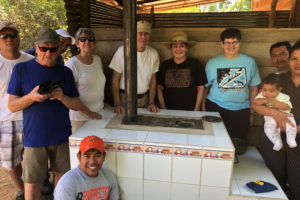
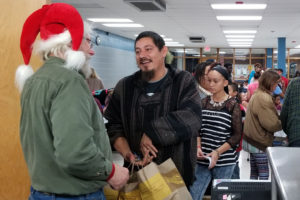



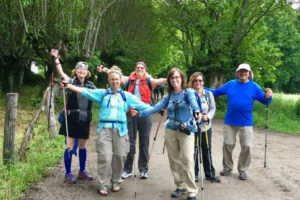





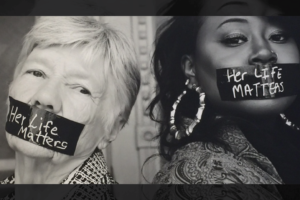
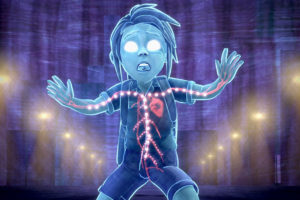
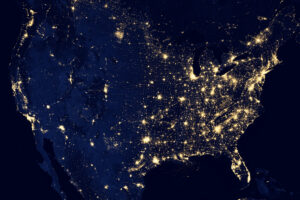












12 Comments
Wow! What a great message. Of course I’m wondering who Jack is, could be almost anyone in Oklahoma.I also read a lot and because of your advice, we get our electricity from wind power! It adds about $2 to our bill.
Even less than the cost of a Latte! That’s great!
Thanks Joe – glad to hear you have changed over to renewable wind energy
You don’t know jack, Joe Mace hahahaha (I mean the saying). Actually I’m pretty sure we know Jack. His views aren’t much different from my own father’s. Both are nice men, and both deserve to believe any way they want, but I agree with Jim and Joe. Joe and I recycle and pay for wind power, and I intend to start composting soon. We also assisted with Right Whale tracking in 2012 and Monarch butterfly raising and tracking in 2017. We feed birds, butterflies and hummingbirds. We have landscaped with rocks instead of mulch, and will soon be installing a rain barrel. I am very concerned about global warming and what it means for my children.
Great article, Jim!
Thanks Annette – glad you enjoyed it
I believe in Global Warming and I fear for the future of our planet. But honestly, I have a lot of “Jack” habits. This article inspires me to try harder.
That’s all we can do Deborah! Glad to hear it!
Deborah – I am so glad to see you are inspired. One of the easiest things to do with the biggest impact is to sign up for renewable power. To see if it’s available in your area go to: https://www.green-e.org/certified-resources
[…] a good friend who is a climate change skeptic. Let’s call him Jack. In a recent conversation, the topic of my last blog, we found we had several things in common, even though we disagree that climate change is […]
I take small steps by recycling and composting but could definitely make bigger changes to help. Great article!!
I admire your patience with “Jack,” Jim. You’ve given us a good story with do-able suggestions. I’m inspired!